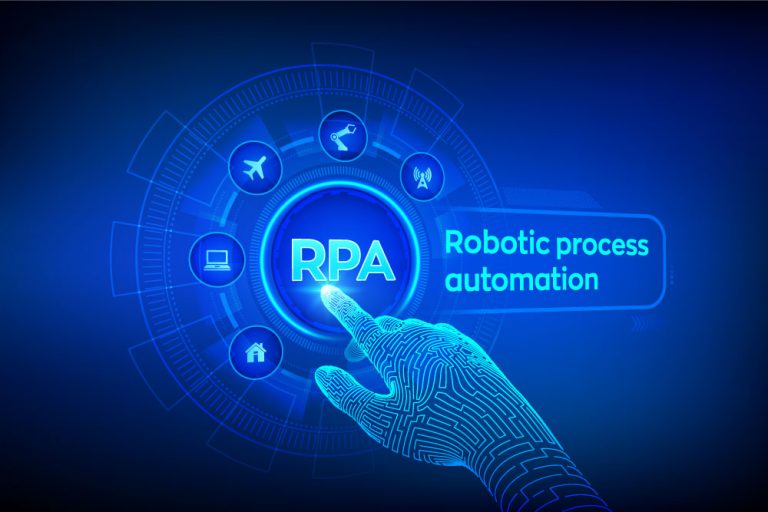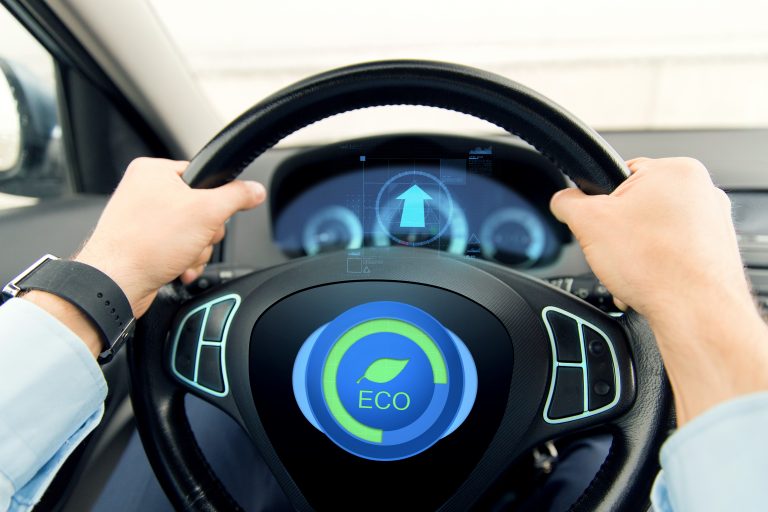The green code is one of the possible solutions to limit our CO2 emissions: a commitment to our planet… and our health! In its magazine Eurêka, dedicated this year to the place of engineering in the zero-carbon strategy, ALTEN looked at the possibility of rethinking digital technology to adapt it to environmental challenges.
How can lines of computer code pollute the atmosphere?
Code is the writing used by developers to develop software. As is the case for authors, developers’ writing can be concise, stylish, pompous, even bombastic. This is referred to as “bloatware”. This type of software takes up too much space on the computer hard drive or makes excessive demands on its resources to operate. Why? Because this software contains a large number of useless functions and lines. Consequently, the processor must perform more calculations than with simpler software to achieve the desired outcome and therefore consumes more energy which results in more CO2 emissions.
What are the solutions for more eco-friendly coding?
One solution is to develop a simpler and better designed code: the green code. Alongside code optimisation, the “digital fat” can also be trimmed away, in other words all the functions that serve no purpose – therefore the corresponding lines of code – can be removed in order to focus on what matters.
Is this approach already being taken into account by the digital industry?
It’s an idea that is only just emerging. And we must recognise that today it is economic issues that are driving code optimisation more than the environmental footprint. If a customer is on an e-commerce website which is slow because it is using all of his computer’s or tablet’s resources, he may well quickly abandon his search and move on to competitors’ websites. That is why well-designed and well-written code is important. Everyone wins, including the environment!
Read on more about this topic: “Digital technology: digital sobriety is required“

Discover this 7th edition of Eurêka, dedicated to the industrial strategies
that will allow to achieve a low-carbon economy.












